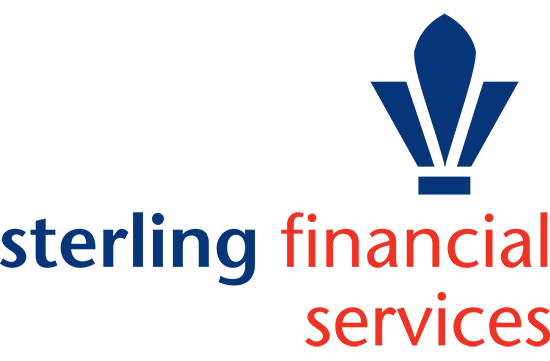
The beginning of the end
6th September, 2021
The US Federal Reserve may start to reduce its stimulus measures sooner than expected if the US economy continues to make progress towards the central bank’s key goals of full employment and stable inflation.
Stimulus withdrawal creeps closer: the US Federal Reserve (Fed) may start to reduce its stimulus measures sooner than expected if the US economy continues to make progress towards the central bank’s key goals of full employment and stable inflation. Nevertheless, Fed Chair Jerome Powell – speaking at the annual Jackson Hole Symposium – emphasised that policymakers were in no hurry to tighten rates. The Dow Jones Industrial Average Index rose by 1.2% over August.
“Transitory” inflationary pressures”: the US posted an annualised consumer price inflation rate of 5.4% during July, stoked by higher prices for energy and used vehicles. On a monthly basis, however, the rate of inflation eased from 0.9% to 0.5%, representing its steepest monthly decline in over a year. The news provided some support for the Fed, which has continued to insist that recent inflationary pressures will prove “transitory”. The US economy added a better-than-expected 943,000 jobs during July and the country’s rate of unemployment dropped sharply from 5.9% to 5.4%. The yield on the US Treasury bond increased from 1.24% to 1.32% over the month.
Germany under pressure: Germany’s economic growth rebounded more strongly than first thought during the second quarter of 2021. The Federal Statistics Office revised up its quarter-on-quarter growth estimate for the period to 1.6%. Household consumption rose by 3.2% and the savings rate declined from 22% to 16.3%. Nevertheless, the Ifo Institute reported that business sentiment declined for a second consecutive month during August, triggering some concern that the pace of expansion might be losing momentum. Meanwhile, Germany’s inflation rate rose to its highest level since 2008 during August, posting an annualised increase of 3.4% compared with the European Central Bank’s (ECB’s) target of 2%. Import prices climbed by 15% year on year during July. The Dax Index rose by 1.9% over August. Elsewhere across the eurozone, supply-chain disruptions contributed to the first decline in business confidence in the euro area since January.
Stronger Q2 for Japan … but question-marks over Q3 prospects: Japan continued to battle the ongoing spread of the Covid-19 Delta variant during August, while also hosting the Olympic Games. Having contracted by 1.3% during the first three months of 2021, Japan’s economy expanded at an annualised rate of 7.5% during the second quarter, boosted by stronger household consumption. The Nikkei 225 Index rose by 3% during August.
Get in touch using the details below to see how we could help you further.
This article was sourced from Adviser-Hub.co.uk.
Call Us For Expert Advice On:
0115 958 4115 or 0345 408 0707
Call Us For Expert Advice On:
0115 958 4115 or 0345 408 0707
